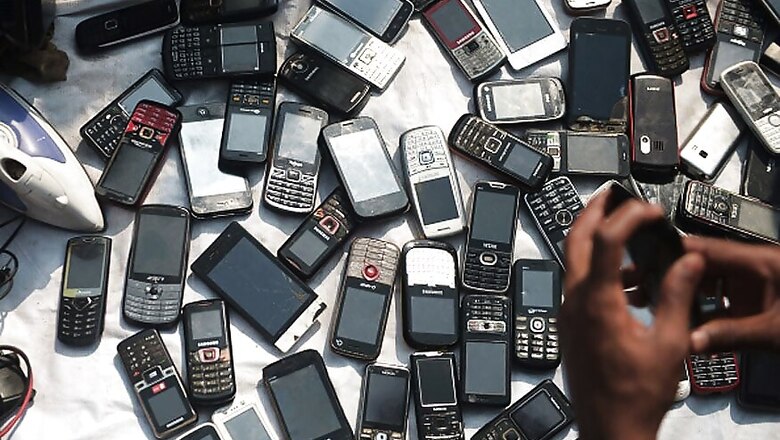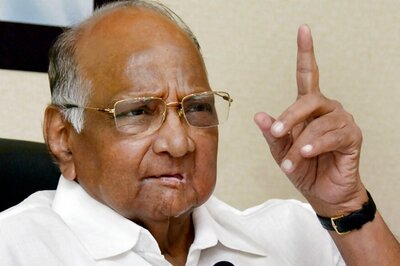
views
An anachronistic regime in telecom, known as IUC (Interconnect Usage Charge), was on its way to being consigned to its rightful place in the dustbin of history. But quite inexplicably, the anti-consumer measure which penalises outgoing calls, looks as if it will continue to live beyond its useful life.
IUC is the charge the operator of a network on which a call originates pays to the network where the call terminates. This charge, which is at 6 paise a minute now, was to have become history from the end of this month.
But the Telecom Regulatory Authority of India (TRAI), after promising for years and promising several times over to put an end to IUC, is now having a change of heart.
IUC was conceived as a fee to compensate all companies for having made investments in telecom networks. The consumer paid his operator for making an outgoing call, and the operator paid 6 paise a minute to the counterpart where the call terminated.
But this arrangement was meant to be temporary. Reliance Jio, the new entrant, chose the voice-over LTE technology, which meant that its costs were very low and it was able to offer consumers competitive rates. Airtel and Vodafone-Idea, with the majority of subscribers on older 2G and 3G technology, charge more for voice calls and get subsidised for incoming calls from Jio. And remember, the networks of the older operators are completely depreciated while Jio has truly democratised smartphone ownership.
The result is that they have been riding piggyback on Jio and resisting the deployment of new technology. TRAI, as a purportedly independent regulator, promised to completely phase out IUC by December 2019. It even cut the IUC charge from 14 paise from October 2017. But now TRAI is going back on its word and going back in time. IUC has become a penalty on a company which invested in the latest networks and a subsidy for those resisting progress.
Around the most progressive parts of the world, countries and telecom companies are rolling out or preparing to roll out ultra-fast 5G technology which promises internet speeds of up to one gigabit per second. But here in India we continue to be haunted by the ghosts of the past.
If Digital India must be more than just a slogan, the telecom regulator and the government should keep their word. By doing so they will be sending the message that they are pro-consumer, pro-technology and anti-subsidy for those who don’t deserve it.
Otherwise it will be akin to making car manufacturers pay horse-and-buggy operators for depriving them of their livelihoods. TRAI, particularly, should see horse sense.
(Disclaimer: News18.com is part of Network18 Media & Investment Limited which is owned by Reliance Industries Limited.)




















Comments
0 comment